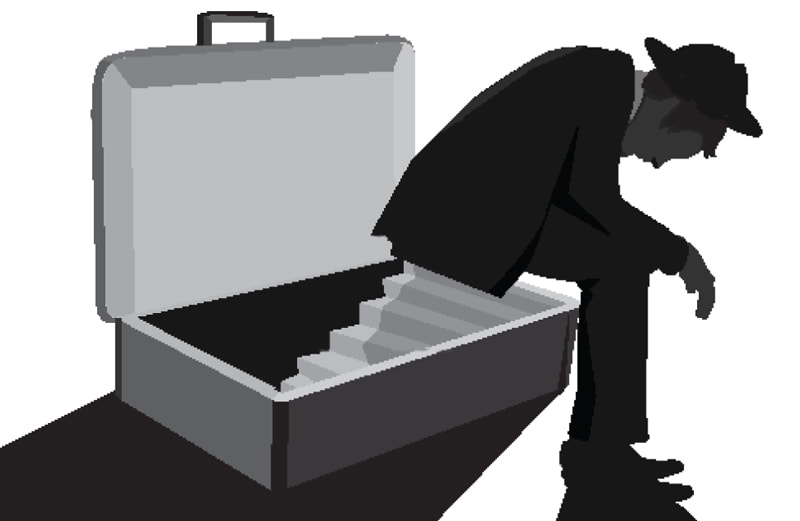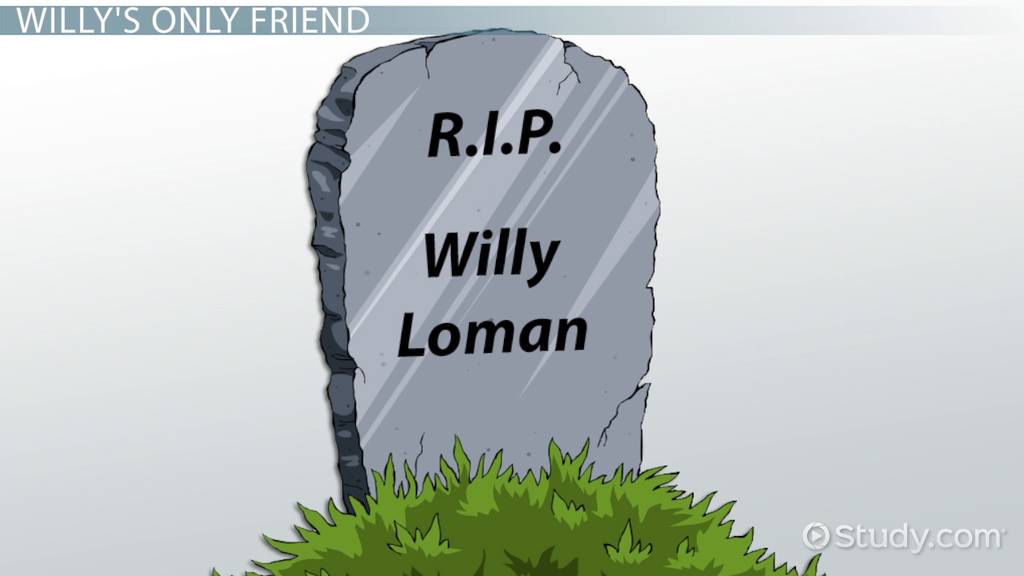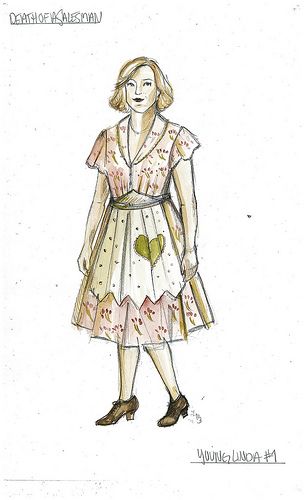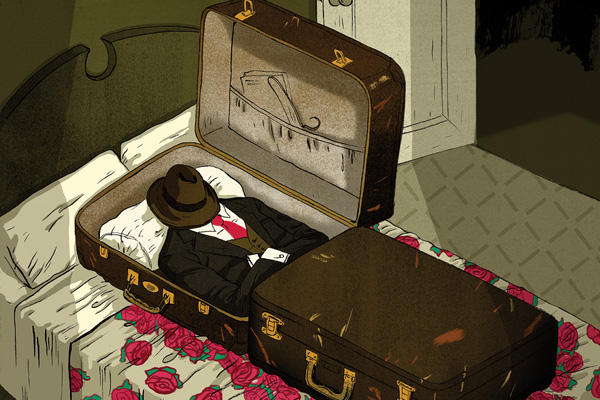Contenu reservé aux membres | Member Only ContentConnectez-vous pour lire la suite | Sign in to read more
|
If you are already logged in, please scroll down. | Si vous êtes déjà connecté, veuillez descendre.
|
|
|
1 | An unimpressive funeral
|
First, it is important to note that Arthur Miller begins and ends the play with a Linda. The nervous anxiety that she feels when calling out her husband is clearly shown in both scenes. Linda is also quite bewildered to see that her family - as well as Charlie and Bernard - are the only mourners at her husband’s funeral.
|
She cannot understand why all Willy’s supposed friends are not attending the service: “Why didn’t anybody come? […] Where are all the people he knew?” (line 11). Rather than illustrate the fact that he was “well-liked” by his colleagues and friends, his unimpressive funeral reveals his mediocrity. It is now clear to the reader that his funeral stands in sharp contrast with his dreams of success and the person he pretended to be.
2 | The mourners’ reaction
|
he two brothers react in very different ways. Happy is profoundly upset and thinks that his dad’s death was unnecessary. Linda feels the same and she cannot understand why her husband committed suicide now when they had paid off all their debts.
Biff sees his father as a tragic figure whose happiness was at his fingertips but who had been so warped[1] by his dream of success that he could not see that “he had the wrong dreams” and that “he never knew who he was”. (lines 33-35). |
Charley – Willy’s only genuine friend - delivers a eulogy[2] in Willy’s defence. He describes him as a martyr figure misled by the American dream. Charley’s speech about the nature of a salesman’s dreams praises Willy’s as a victim of his difficult job. Indeed, the play’s last scene is not entitled “epilogue” but “requiem” /ˈrekwiəm/. The Oxford learner’s dictionary defines a requiem as “a Christian ceremony for a person who has recently died, at which people say prayers for his or her soul.” In the play, the requiem says as a tribute to Willy.
Conclusion
In the end, Linda is sitting at Willy’s grave trying to make sense of his suicide. Linda is struggling to accept the idea that Willy is gone forever – not just on another business trip: “it seems to me you’re just on another trip. I keep expecting you”.
The sentence “we are free” is repeated three times. It could be interpreted as “we are now finally debt-free” but also “we are free of Willy’s warped illusions”. Finally, Biff’s change (he wants to go to work in nature / on a farm) provides the reader with some kind of hope for the ending of this otherwise deeply tragic play.
The sentence “we are free” is repeated three times. It could be interpreted as “we are now finally debt-free” but also “we are free of Willy’s warped illusions”. Finally, Biff’s change (he wants to go to work in nature / on a farm) provides the reader with some kind of hope for the ending of this otherwise deeply tragic play.
It is important to bear in mind that this is not trying to blame anyone in this scene. He only wants to tell the truth and to be true to himself, even though Willy thinks that the blame is being shifted on him: “I suppose it’s my fault!”. However, it is not the case as Biff says: “I’m not blaming it on you”.
““it seems to me you’re just on another trip. I keep expecting you”. ” [Linda].





